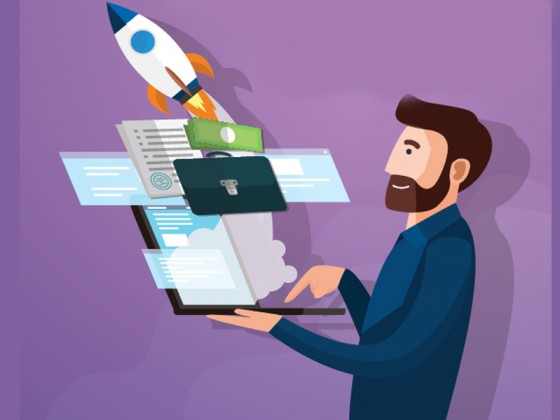by | Rushdi Abdul Rahim, rushdi@might.org.my
GREETINGS & SALUTATIONS,
I hope it is not too late to wish you Happy New Year. As we usher in the new year, I look back at a number of things that were said would and could happen by 2020. Yes, technological advancements were exponentially rapid, and several trends of the past decade were correctly predicted many years ago. However, some are moving in the predicted direction but missed the 2020 timeline.
Yet, I read with keen interest an article published by CNN titled “The predictions for 2020 we got horribly wrong” and it gave us some food for thought about things experts predicted and missed.
Predictions is very difficult, especially about the future.- Niels Bohr
Are we able to do better now? In the era of big data, machine learning and artificial intelligence, some say we are better equipped to predict what’s coming in the future. But I do believe that more data doesn’t always equal better predictions.
There is a need to differentiate signals from the noise—extracting key information from a mass amount of data. Furthermore, there are staggering numbers of interrelated factors that could influence development towards the future. I think, it is therefore crucial that, even if we use technology to wade through huge masses of data, there is still a need for human intervention to oversee the analysis and consider whether there is a plausible causality.Unfortunately, many people don’t realise this. Instead, they try to get more and more information variables and data sets to draw predictions from, and believing that it will make predictions more accurate.
However, I think by now we have made it clear that at myForesight®, we have never been in the business of predicting what the future will be. That is not “foresight”. We work on the basis of looking and exploring future possibilities to ensure that we are better prepared.
This preparation includes having people and organisations we work with to look at the unintended consequences as things don’t always work out the way we expected. Unintended consequences are outcomes of a purposeful action that are not intended or foreseen. The term was popularised in the twentieth century by American sociologist Robert K. Merton.
At MIGHT and myForesight® – though we encourage technology use and adoption for industry development and societal well-being, we also look at the unintended consequences of technology development and use.
Some of the obvious concerns regarding unintended consequences are already being discussed here at MIGHT. Of these, the discussions include but not limited to the following: –
- Deployment of automation leading to a reduced number of jobs across selected industries;
- Ethical concerns on the use of AI that could lead to bias and discriminatory decision making;
- Vulnerability of IoT dependent systems to a network that could be subjected to data breach and cybersecurity concerns; and
- Personal space and privacy concerns over use of drones.
Anyway, we have dedicated this whole edition to unintended consequences. I hope this will spur further discussions and make for an interesting read.
As usual, I sincerely hope the magazine provides you with some food for thought as you think about your future. We would also like to hear your thoughts. Comments are encouraged and most welcomed.
For more information: Go to Infographic









